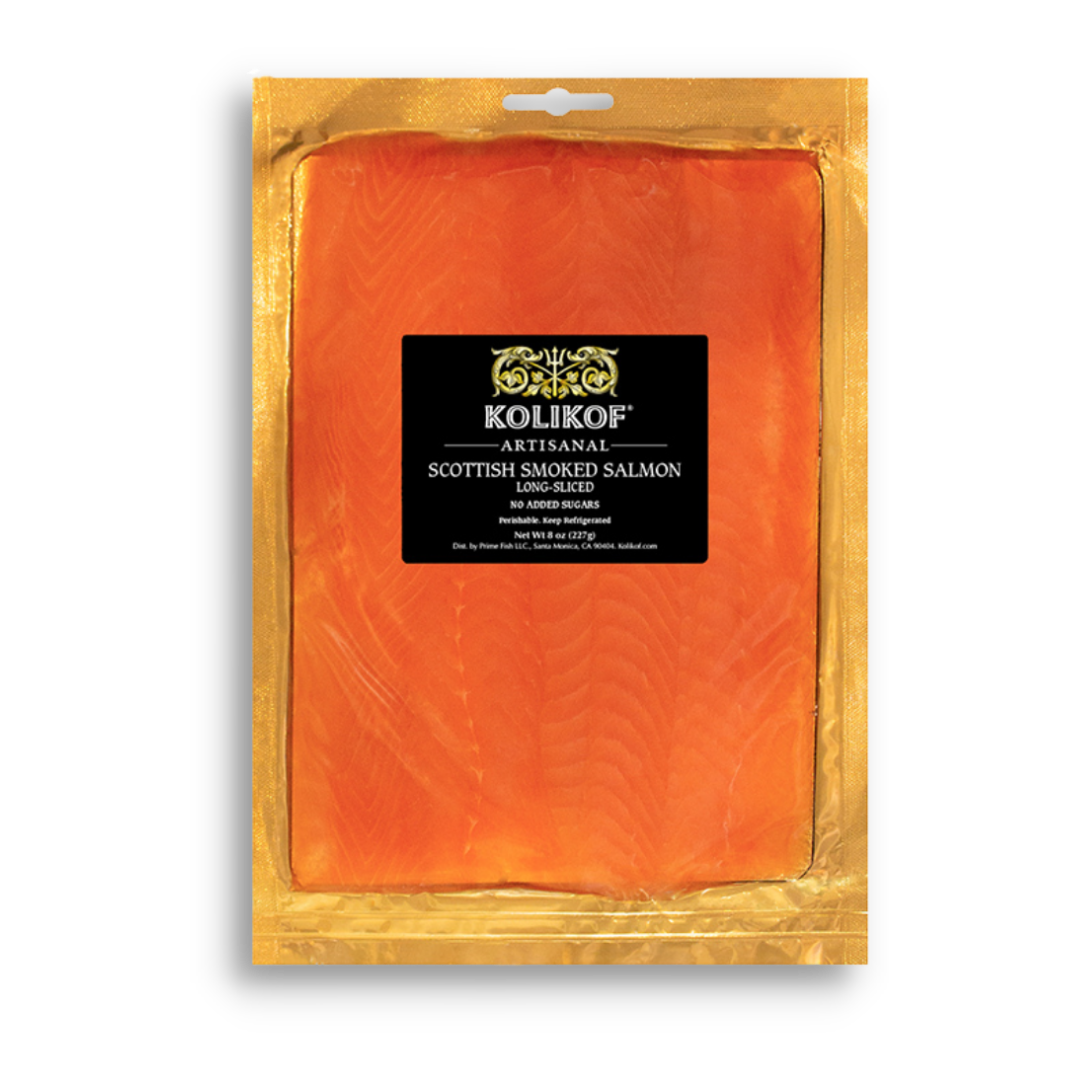Does Japanese meat have hormones?
In recent years, concerns about the safety and quality of meat products have increased, leading many consumers to question whether Japanese meat contains hormones. Hormones are commonly used in meat production to increase the growth rate and improve the efficiency of feed conversion. However, their use has also been linked to health and environmental risks. In this article, we will explore whether Japanese meat contains hormones and what regulations are in place to ensure its safety.
Japan has strict regulations on the use of hormones in meat production. The country's Ministry of Health, Labour and Welfare (MHLW) sets strict limits on the use of hormones in animal husbandry, including the use of growth-promoting hormones. The use of hormones such as estrogen, testosterone, and progesterone is strictly prohibited in Japan's beef and pork industries. This prohibition includes both synthetic and natural hormones.
The MHLW has set maximum residue limits (MRLs) for hormones in meat products to ensure that they do not pose a risk to human health. These limits are based on scientific studies that have determined the safe levels of hormone residues in meat products. MRLs are regularly reviewed and updated to reflect the latest scientific research.
Japan also has strict rules on the importation of meat products. All imported meat must meet Japan's strict food safety standards, including hormone residue limits. The country conducts rigorous inspections of imported meat products to ensure that they meet its strict regulations. Any products found to contain hormone residues above the MRLs are prohibited from entering the Japanese market.
Despite these regulations, some people still have concerns about the safety of Japanese meat. One reason for this is the use of hormones in other countries' meat production, where their use is not as strictly regulated. Hormones can also be naturally occurring in some foods, such as soy products, which are often fed to animals in many countries, including Japan. However, the levels of natural hormones in these products are generally very low and do not pose a significant risk to human health.
To ensure the safety of Japanese meat, the country has implemented a comprehensive system for food safety management. This system includes the establishment of the Hazard Analysis and Critical Control Points (HACCP) system, which is a science-based approach to identify and prevent potential hazards in food production. The system covers all stages of the food production process, from animal husbandry to processing, packaging, and distribution.
In addition, Japan has established a traceability system for meat products to ensure their safety and quality. This system allows for the tracking of meat products from farm to table, enabling the identification and removal of any products that may pose a risk to human health.
Consumers can also take steps to ensure the safety of the meat products they consume. One way is to choose meat products that are certified as hormone-free. Many companies now offer hormone-free meat products that have been certified by independent third-party organizations. Consumers can also choose to purchase meat products from sources that they trust, such as local farmers or markets that have a reputation for quality and safety.
In conclusion, Japanese meat is generally free of hormones, as the country has strict regulations in place to prohibit their use in animal husbandry. The MHLW sets maximum residue limits for hormones in meat products to ensure their safety, and imports of meat products are subjected to rigorous inspections to ensure that they meet these regulations. While concerns about the safety of meat products are understandable, consumers can be confident that Japanese meat is generally safe and free of hormones. With the implementation of comprehensive food safety management systems and consumer education, we can continue to improve the safety and quality of meat products for everyone.









